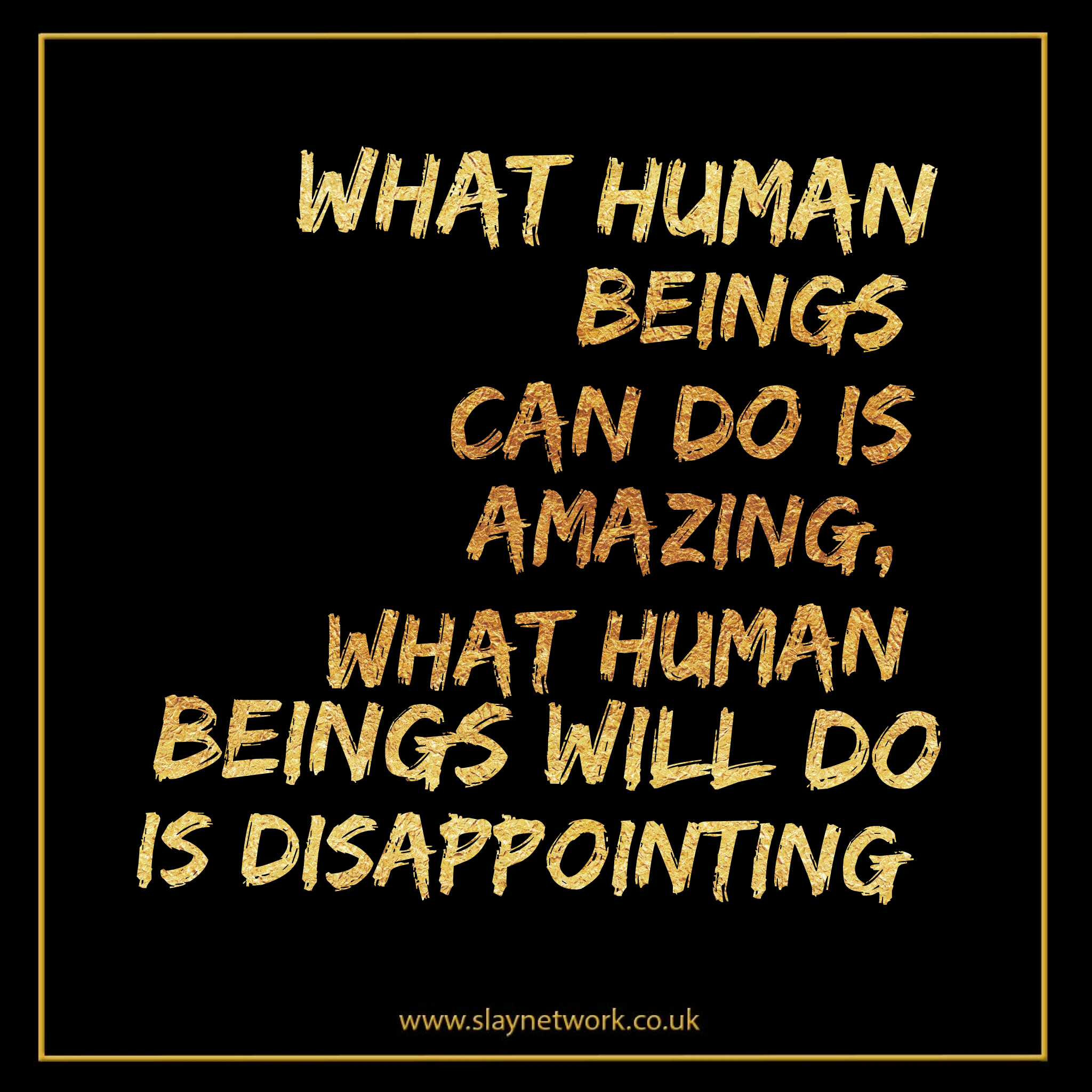In this exclusive Free Class Day session, Tony Robbins shows you how to shift your focus so you can embrace positive thinking and turn your life around.
In reality everyone loves a pity party

You’ve heard a guru or two say, “If you just want it bad enough, you’ll succeed.” For the most part, they’re right. If you aspire to do something most other people can’t or won’t do, it takes an inordinate level of desire — but that’s just the tip of the iceberg. On top of wanting to succeed, you have to stop wanting other things. Let me explain. The Love Affair We Have With Negative Emotions If you think about it, self-pity feels good. On the surface, feeling sorry for yourself seems like a negative emotion, but it has tons of benefits. Self-pity gives you the benefit of not having to feel a perhaps more devastating notion — the truth. The truth tells you you’re just not working hard enough. Self-pity tells you you’re incapable of working hard or you have some insurmountable obstacles in your way. Blaming other people or your circumstances can also give you this weird sense of superiority — if everyone and everything is out to get you or ruin your situation, you should be applauded for holding it together at all, right? You’re busting your ass for that check that’s too short. You’re taking care of your family even though the government is destroying the middle class. You’re surviving in spite of everything around you. Everybody loves a pity party. We find venting to one another cathartic. We find solace and unity in complaining. Think about it. What if you and a group of friends were all complaining about your lives and one of them halted the conversation and said, “You know what guys? I think we’re just being sorry for ourselves. Maybe we should stop complaining and come up with a plan to change our situations.” Either in the back of everyone’s mind — or out loud — they’d say screw you, who are you to tell me how to live? Maybe we’re defensive to that dialogue not because we hate what’s being said, but rather we truly love wallowing. If only complaining and self-pity were our lovers, maybe we’d be okay. But we lust after other negative emotions too. Jealousy Porn Jealousy, like self-pity, gives you the high ground again. If someone’s success makes you feel bad, you must tear them down. You discard their results as nothing more than luck and it makes you feel good about yourself. You’re unlucky, so you’re off the hook again. The problem with envy? You can’t be like someone you despise. If you hate wealthy people, you can’t be wealthy yourself. If you hate any type of success — artistic, health, academic, career, etc — you put yourself in a position to climb an uphill battle toward having it yourself. Yet we often choose envy. Why? Because we love it. I want to reiterate the idea of our true love for negativity over and over again. When you look at these emotions as pleasurable, you’ll realize why they’re so hard to shake — they’re not overt poisons like cyanide, rather they’re like alcohol, corn syrup, and drugs that are pleasurable yet harmful. Sloth and Unreliability Who doesn’t love being lazy? Some of us would prefer to lay in our cosy bed all day instead of having to wake up, pour that coffee, and tackle the day. Left to our own devices, we’ll often choose the easier route. Laziness doesn’t just mean watching too much Netflix or skipping a few workouts at the gym — those are minor infractions. True laziness occurs when you avoid making the major changes you want from life because they’re too hard. Not following your dreams is a form of laziness, and it’s the one we love most because it weaves all the aforementioned emotions together. With laziness, you get the ultimate excuse — it’s too hard. Who can argue with that? When it comes to following a dream, relatively speaking, it’s too damn hard. Not only do you get an excuse, but you can a logical and extremely justifiable one. The best thing about laziness? You can easily rationalize it and twist it into words like contentment, self-love, and being ‘down to earth.’ This way of thinking is a sleight of hand we love using because you can relate to it, it’s comforting, and gives you a sense of piety at the same time — but is it true? Only you know the real answer. If you find yourself realizing how much you love to indulge in negativity, it’s on you to find a way to change those thoughts. So how do you break out of the cycle of negativity? The Life-Changing Magic of Self Awareness First, realize what’s going on. Maybe you’ve thought of these emotions as things you dislike or want to change, but examine whether or not that’s true. Consider the fact you actually love to complain, talk down to others, and give less effort than you’re capable of. It’s uncomfortable to think that way, but you might find the truth if you do. If you’ve decided you are, in fact, in love with these emotions, it’s time to break up. Becoming a better version of yourself is a never-ending cycle, so you’ll never get this right 100 per cent of the time, but every time you catch yourself feeling these negative emotions, try to pause and think about whether or not you’re revelling in it. If you do realize you’re revelling in it, focus on how perverse that is. Consider today your dose of medicine. I partially wrote this for myself because I need it as much as you do. As much as I believe you’re wildly talented, intelligent, and useful to this world, I also think you can sell yourself short. The people around you love complaining and moaning. When your co-workers, friends, and family members engage in it, why don’t you be the one who turns the conversation positive or acts as a good example for everyone else? That’s a great first step. One good step for one day can turn into a week, which can turn into a month, which can turn into a year, which can turn into a life. That’s how personal development works.




